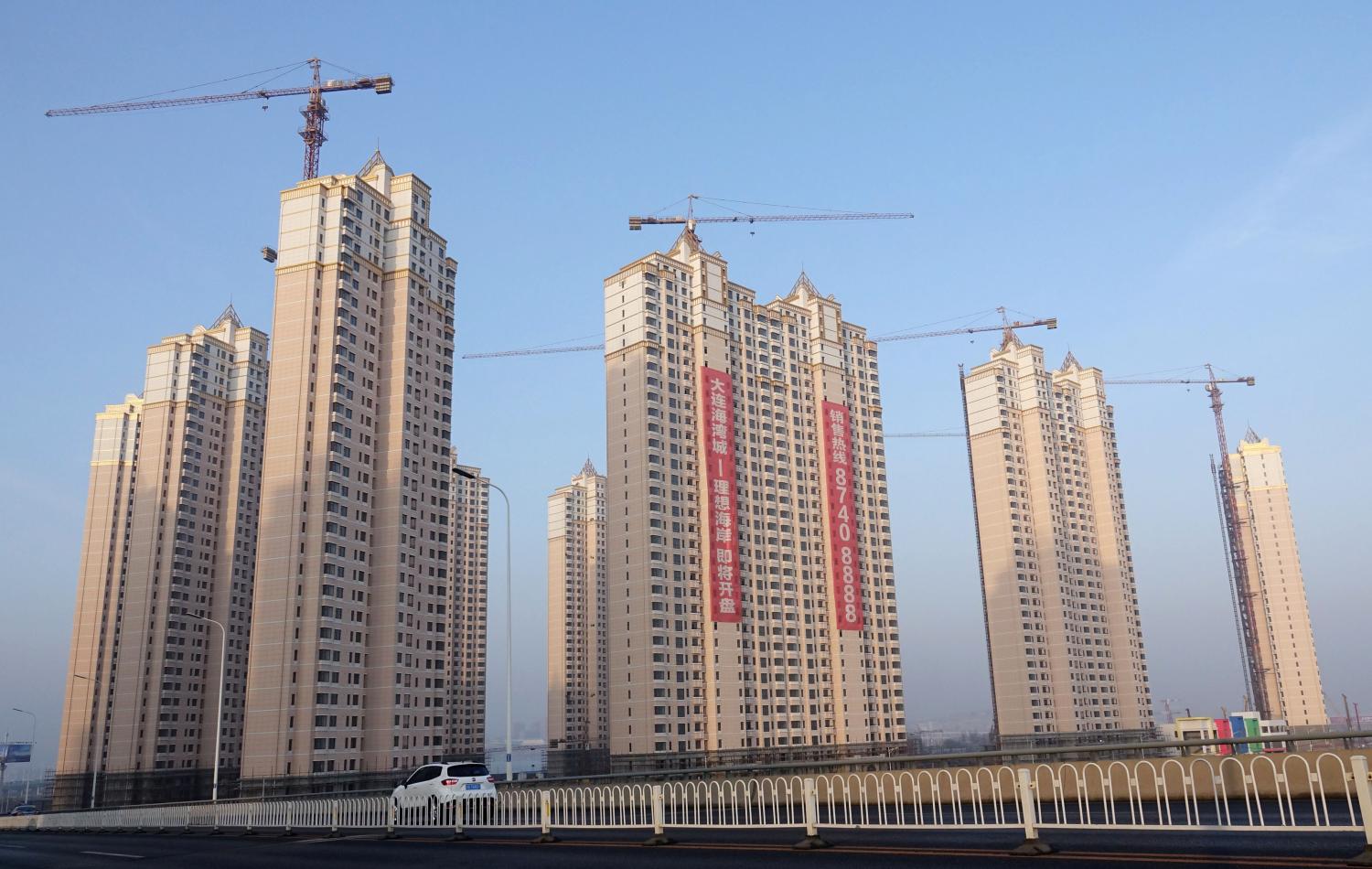This chapter comes from “Beyond Neoliberalism: Insights from emerging markets,” a report exploring the ongoing debate over the future of capitalism and policy choices across a range of domains.
It is difficult, if not foolhardy, to attempt to succinctly summarize such a broad-ranging and complex subject as the future of neoliberalism in emerging markets. So, in these brief concluding remarks we do not seek to offer anything close to a final word on the topic, but rather to sketch out some guideposts for ongoing discussion.
One initial takeaway is that current debates on neoliberalism and the future of capitalism in the U.S. and Europe do not always easily map onto emerging markets’ experiences. In many countries in the West, this debate is often framed as a need to move from the near total acceptance of neoliberalism of the past several decades to a fundamental rethinking of economic systems. In many emerging markets, conversely, there was never as strong a consensus on the merits of neoliberalism to begin with, and the pivot to the post-neoliberal era has been more gradual and fragmented.1 Indeed, in moving beyond neoliberalism, emerging markets are rightfully cautious of swinging too far in the opposite direction, of throwing the baby (successful market-oriented reforms) out with the bathwater (neoliberalism as an all-encompassing policy framework).2 Many emerging markets have recent memories of deeply statist command economies that abjectly failed to deliver widespread economic gains. The implementation of market reforms helped unleash private sector growth in many (though not all) countries; this growth, in turn, helped drive the most rapid decline in global poverty in history. Emerging markets continue to prioritize GDP growth as a central policy goal, and there is a general agreement that some level of market orientation is needed to deliver this growth.
Yet this is, of course a far stretch from fully embracing neoliberalism. The neoliberal policy agenda for emerging markets was flawed and incomplete in many ways. Its shortcomings stand out in five particular areas. First, neoliberalism did not pay sufficient attention to the risk of financial crises and to the devastating impact of such downturns on economies’ long-run trajectories. Second, neoliberals tended to dogmatically reject industrial policy, even though support for industries has at times proven very effective (particularly in Asia).3 Third, neoliberalism was largely indifferent to inequalities, considering distributional issues as (at best) a second-order concern. Fourth, the environment was underprioritized, leading some countries to pursue economic policies that aggressively degraded environmental resources, which led to costly health hazards from polluted air and contaminated food, among other harms. Fifth and not least, neoliberal policy failed to grapple with how dysfunctional political processes could allow for the elite capture of the state, and how politics constrains economic policy options. These issues are important policy challenges in their own right, but are also instrumentally important to neoliberalism’s primary objective of economic growth.

This work is licensed under a Creative Commons Attribution 4.0 International (CC BY 4.0)
-
Footnotes
- This is not true of all emerging markets, however; some, such as Argentina, have dramatically swung between ideological poles.
- For a related argument, see Arvind Subramanian’s response in the Boston Review Forum “Economics After Neoliberalism,” March 19, 2019.
- It is worth noting here that even the IMF has recently admitted that industrial policy is at time beneficial; see Reda Cherif and Fuad Hasanov, “The Return of the Policy That Shall Not Be Named: Principles of Industrial Policy,” IMF Working Paper WP/19/74, 2019.
The Brookings Institution is committed to quality, independence, and impact.
We are supported by a diverse array of funders. In line with our values and policies, each Brookings publication represents the sole views of its author(s).






